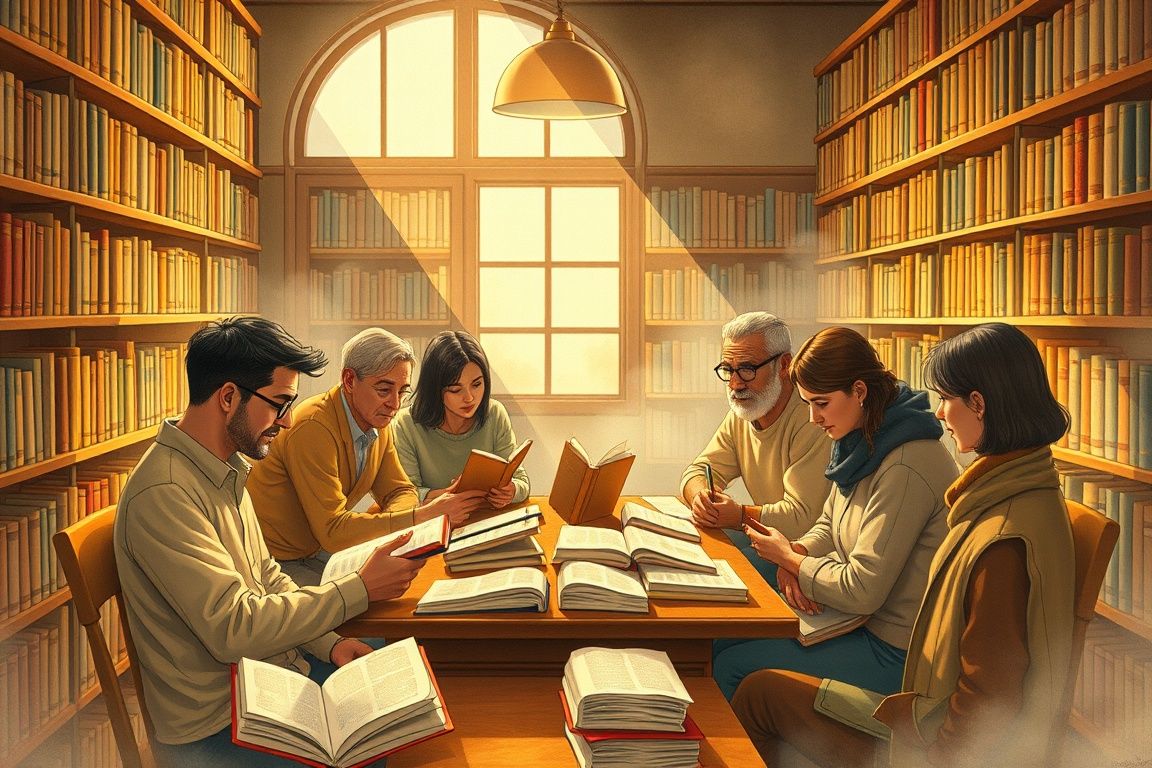Literary Analysis and Interpretation
Why It’s Worth It
Develop critical reading skills to appreciate literature on a deeper level.
Unlock the meanings behind texts, enhancing your enjoyment and comprehension.
Gain tools to analyze literature that can be applied in academic or personal contexts.
Your Learning Roadmap
Foundations of Literary Analysis
This module lays the groundwork by exploring what literary analysis entails, the importance of criticism, and the various frameworks used by scholars. Participants will begin to understand how to approach texts thoughtfully and systematically. What is Literary Analysis? The Role of Criticism Frameworks and Approaches
Close Reading Techniques
This module focuses on the art of close reading by teaching methods to annotate and dissect literary texts. Participants will learn techniques to notice subtle cues, understand language choices, and infer contextual meanings. The lessons are designed to build a habit of detailed observation and critical inquiry. Techniques of Close Reading Annotating Texts Contextual Inferences
Deciphering Symbolism and Imagery
This module delves into the world of symbolism and imagery in literature. Participants will discover how symbols contribute to thematic depth and how imagery enriches narrative tone. Utilizing examples from classic texts, the lessons examine cultural and universal symbols to unlock deeper meanings. Understanding Symbols Imagery and Metaphor Cultural Symbols
Analyzing Character Arcs
This module explores how characters evolve and drive the narrative. Through detailed case studies, students will learn to analyze protagonist motivations, conflicts, and transformations. The lessons emphasize the connection between character arcs and thematic development. Character Introduction Motivations and Conflicts Transformation & Growth
Historical Context and Thematic Criticism
The final module connects literary works with their historical periods, and examines recurring themes across texts. It explores how socio-political environments and cultural contexts affect literary production and reception. By applying critical frameworks, learners will appreciate the complexity of thematic expression within literature. Literature and History Thematic Trends Interpretation Frameworks
What Users Are Saying
All You Need to Know
Unlock Literary Secrets
Interactive learning with real-time questions and guidance.
Engage in discussions that deepen your analytical skills.
Apply lessons directly to classic literature for practical insights.
Benefit from feedback to enhance your critical thinking.
Explore various literary criticisms for broader perspectives.
Learn at your own pace, anytime, anywhere.

